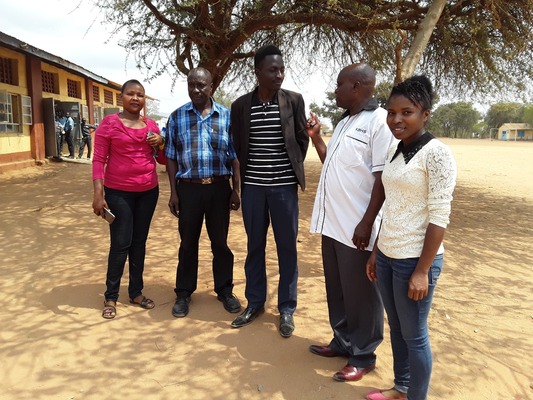
Mental Health and Wellness Program
The Mental Health and Wellness Program seeks to address the growing mental health crisis in Kenya, especially among youth and marginalized populations. Mental health challenges among Kenyan youth are both widespread and deeply concerning: a nationally representative survey found that 12.1% of adolescents (10–17 years) experienced at least one mental disorder in the past year—such as anxiety, depression, or conduct disorders, and 4.6% reported suicidal ideation (thelancet.com). Among secondary school students in Nairobi, 43.7% showed clinical symptoms of depression and 12.9% had anxiety, while nearly half screened positive for obsession or compulsions, and about 5% reported suicidal thoughts. Recent data also show 20–36% of in-school and out-of-school adolescents experienced depression, with 19–28% reporting anxiety; higher among those out of school (pubmed.ncbi.nlm.nih.gov). Compounding these rates is limited access to care, an estimated 75% of Kenyans cannot easily access mental health services (raisingfutureskenya.org.uk) alongside deep-rooted stigma and criminalization of suicidal behavior, which until recent legal reform, further hindered open support (pmc.ncbi.nlm.nih.gov).
Recent studies show alarming trends: a 2023 survey by WHO found that 29% of students in Kisumu suffer from depression symptoms, with many cases unreported due to stigma. In Kiambu and Makueni, access to professional counseling is minimal, with only a handful of mental health officers serving entire sub-counties. Urban centers like Nairobi also face increased suicide rates due to stress, unemployment, and academic pressure. These problems exceed to many counties in the country.
To counter this, NeGI will establish a national mental health helpline, community wellness centers, and school-based counseling clubs. Trained volunteer counselors and psychologists will provide free or subsidized therapy and guidance sessions. Monthly community dialogues will be held to determine mental health issues and offer coping strategies. The program will also leverage digital platforms to offer online counseling, particularly for youth in universities and rural areas. Through early intervention, support groups, and awareness creation, this initiative seeks to reduce depression and anxiety cases, enhance emotional resilience, and promote healthier family and school environments.

